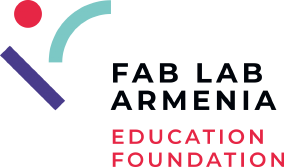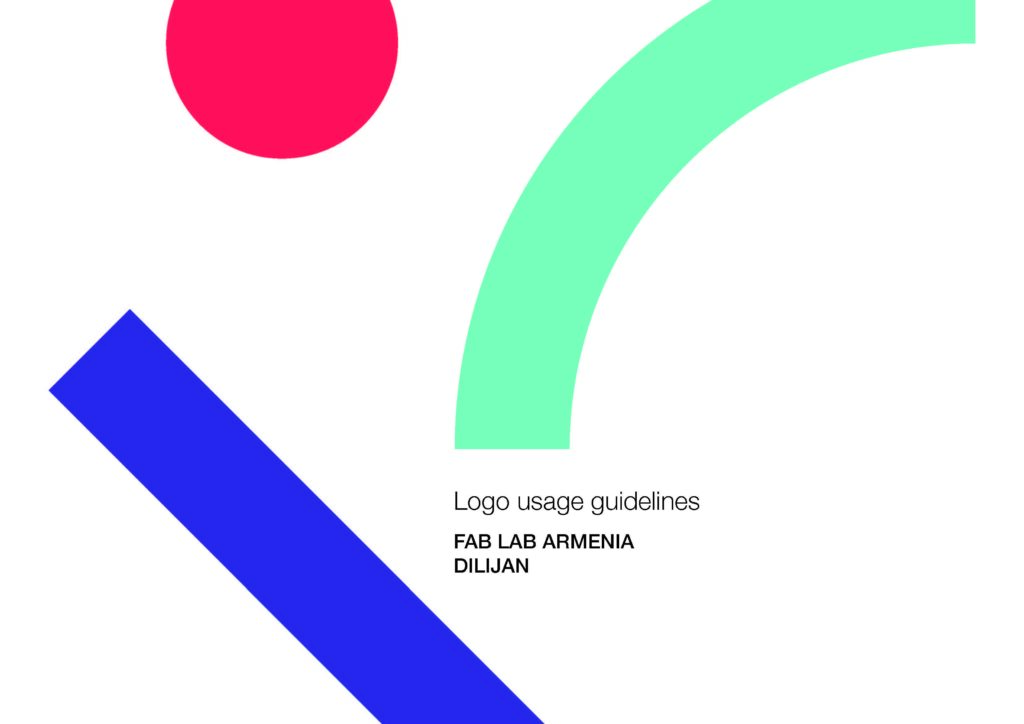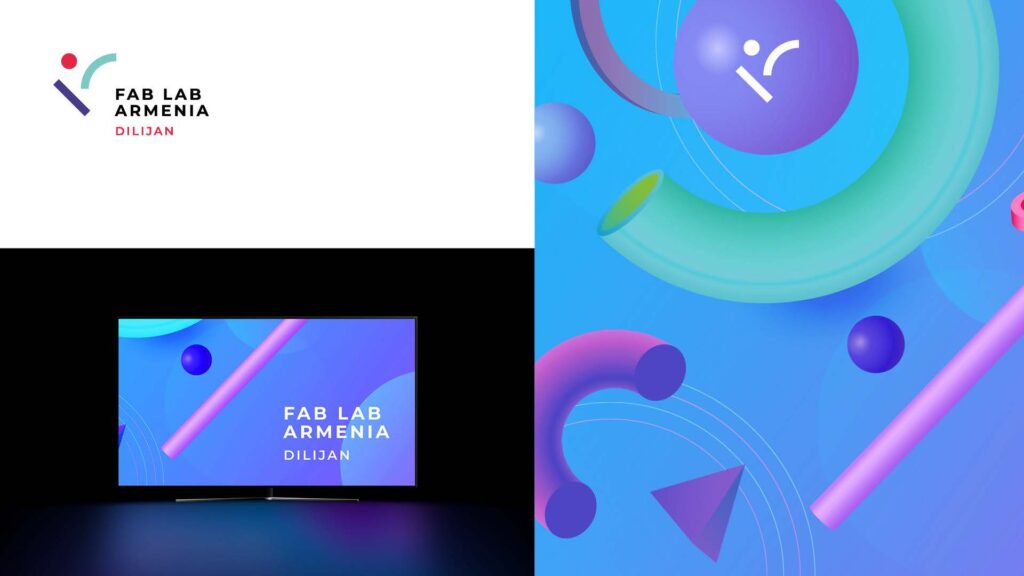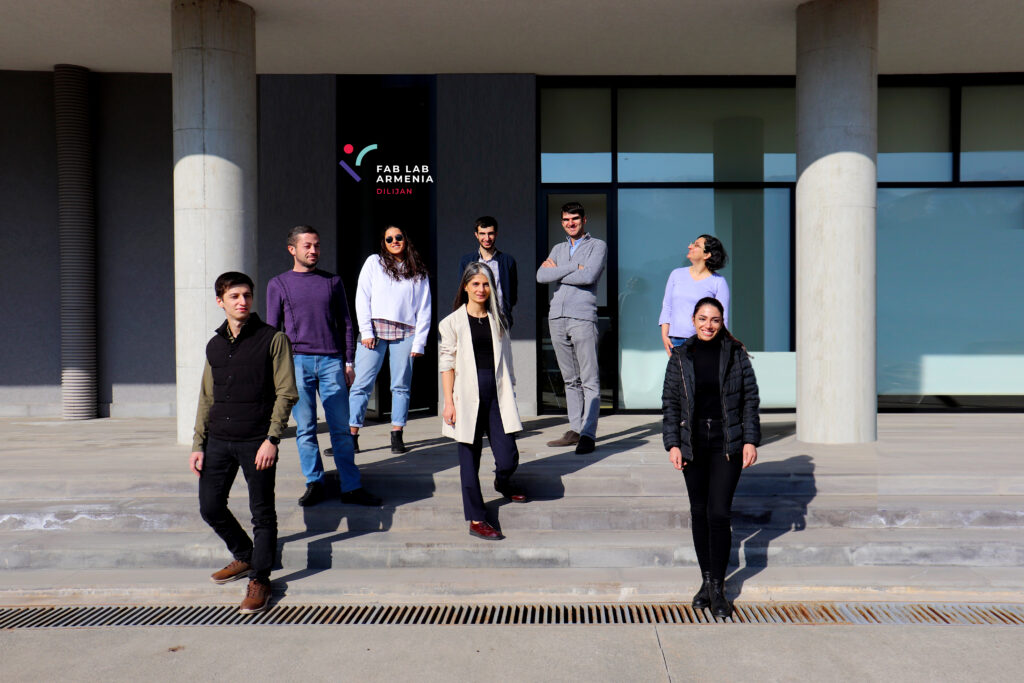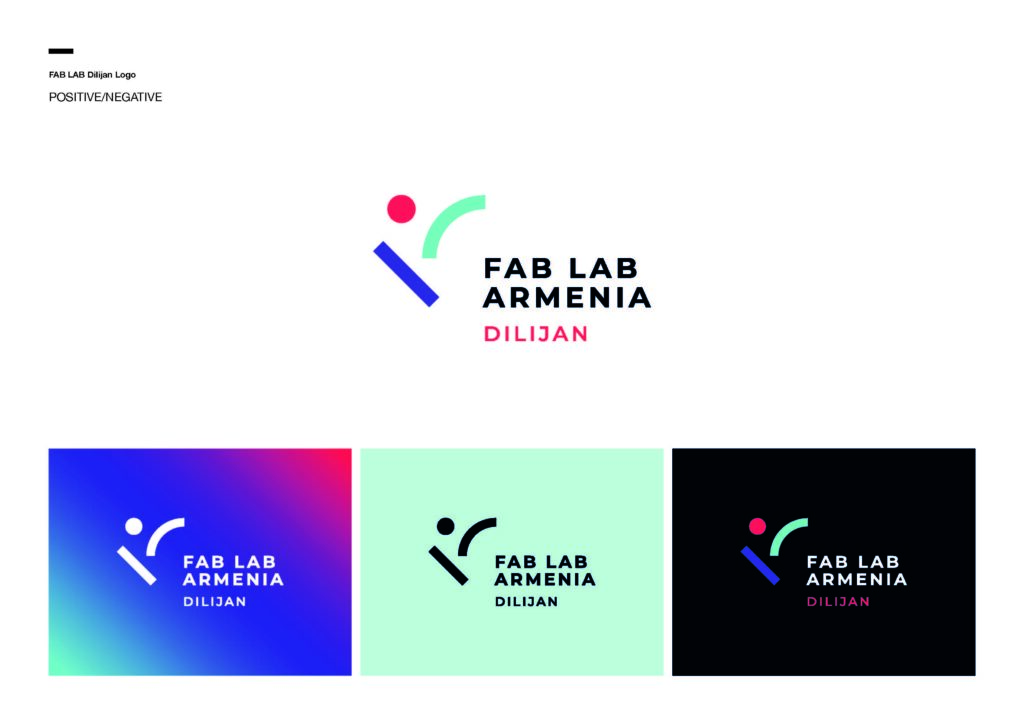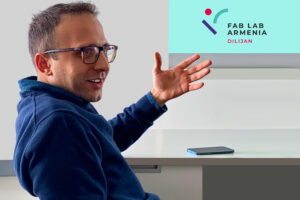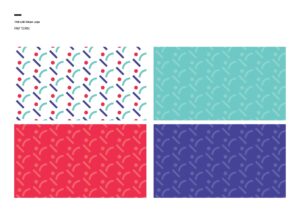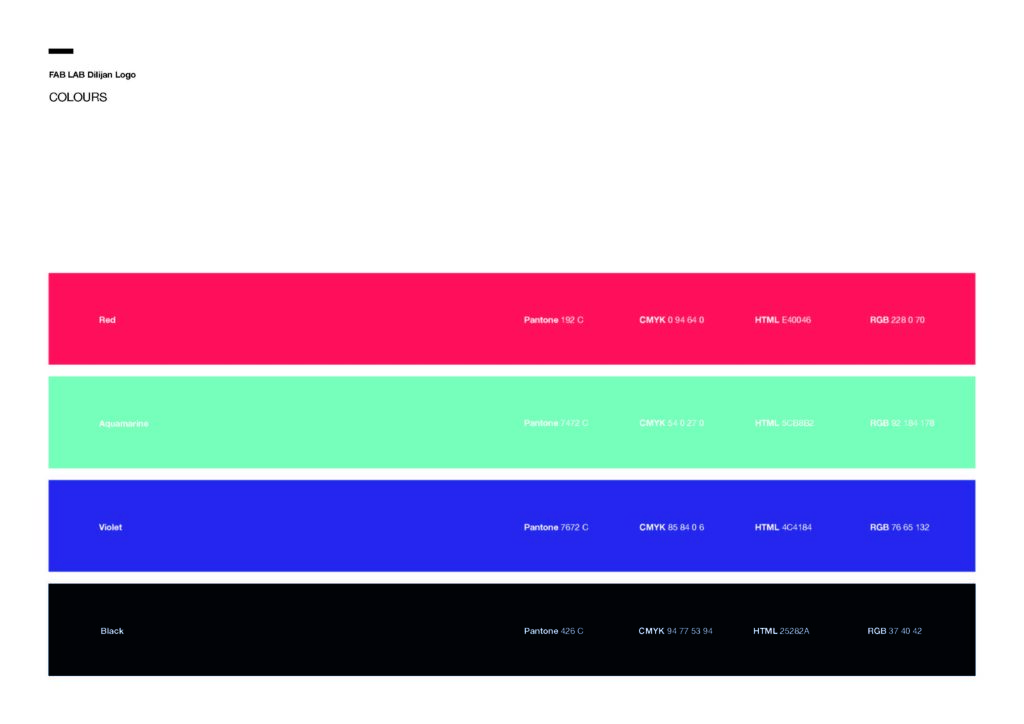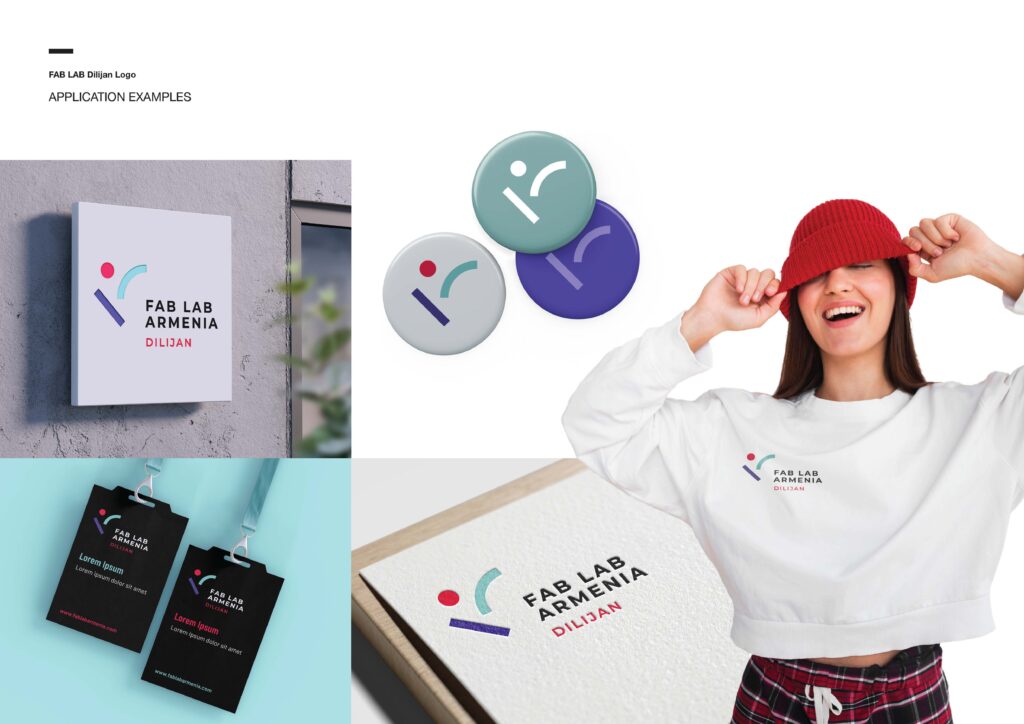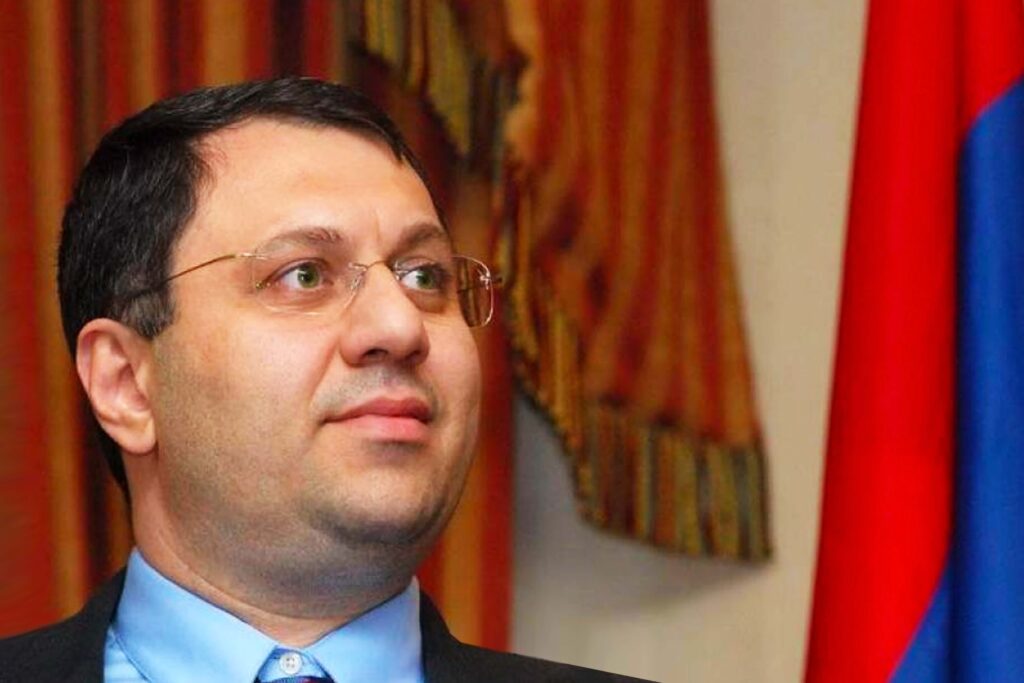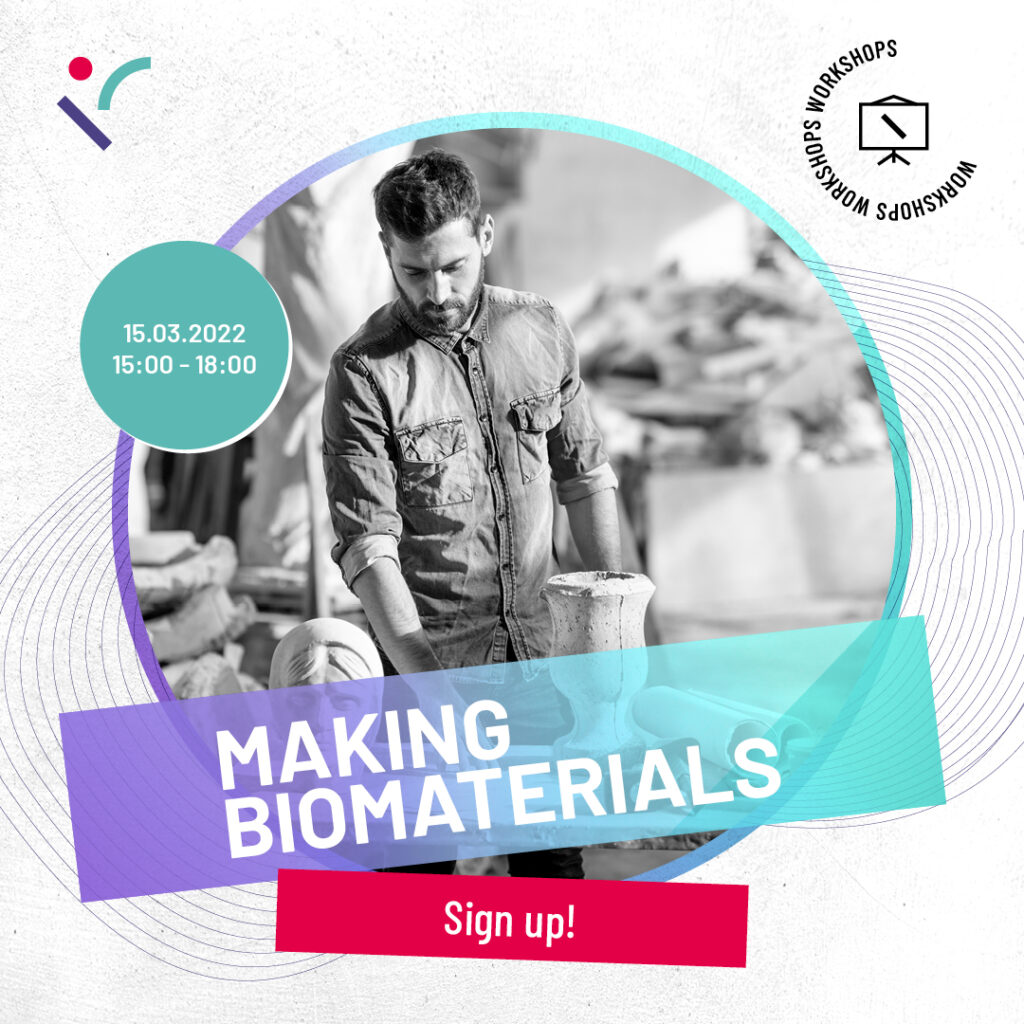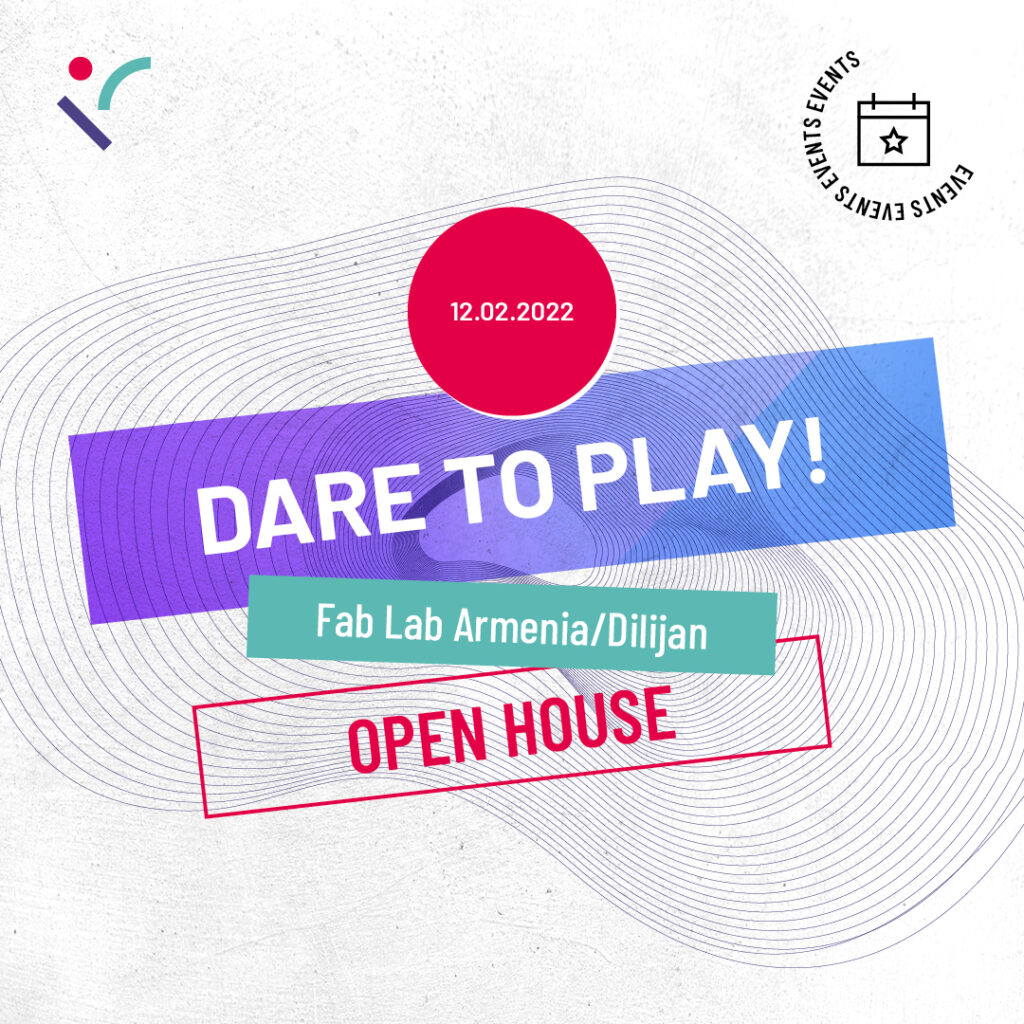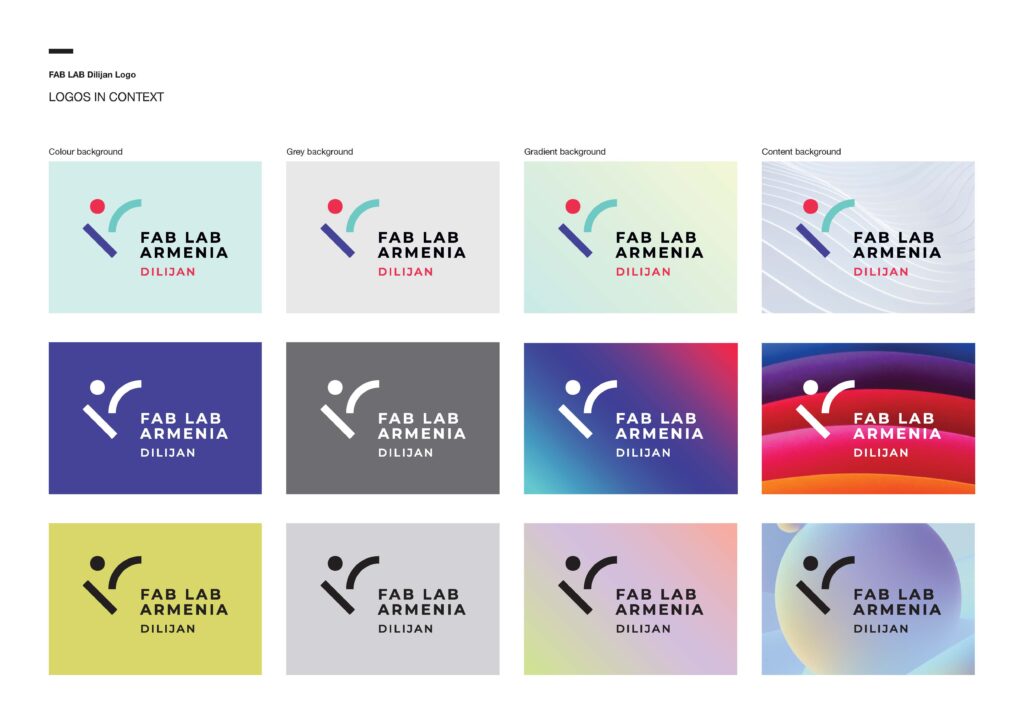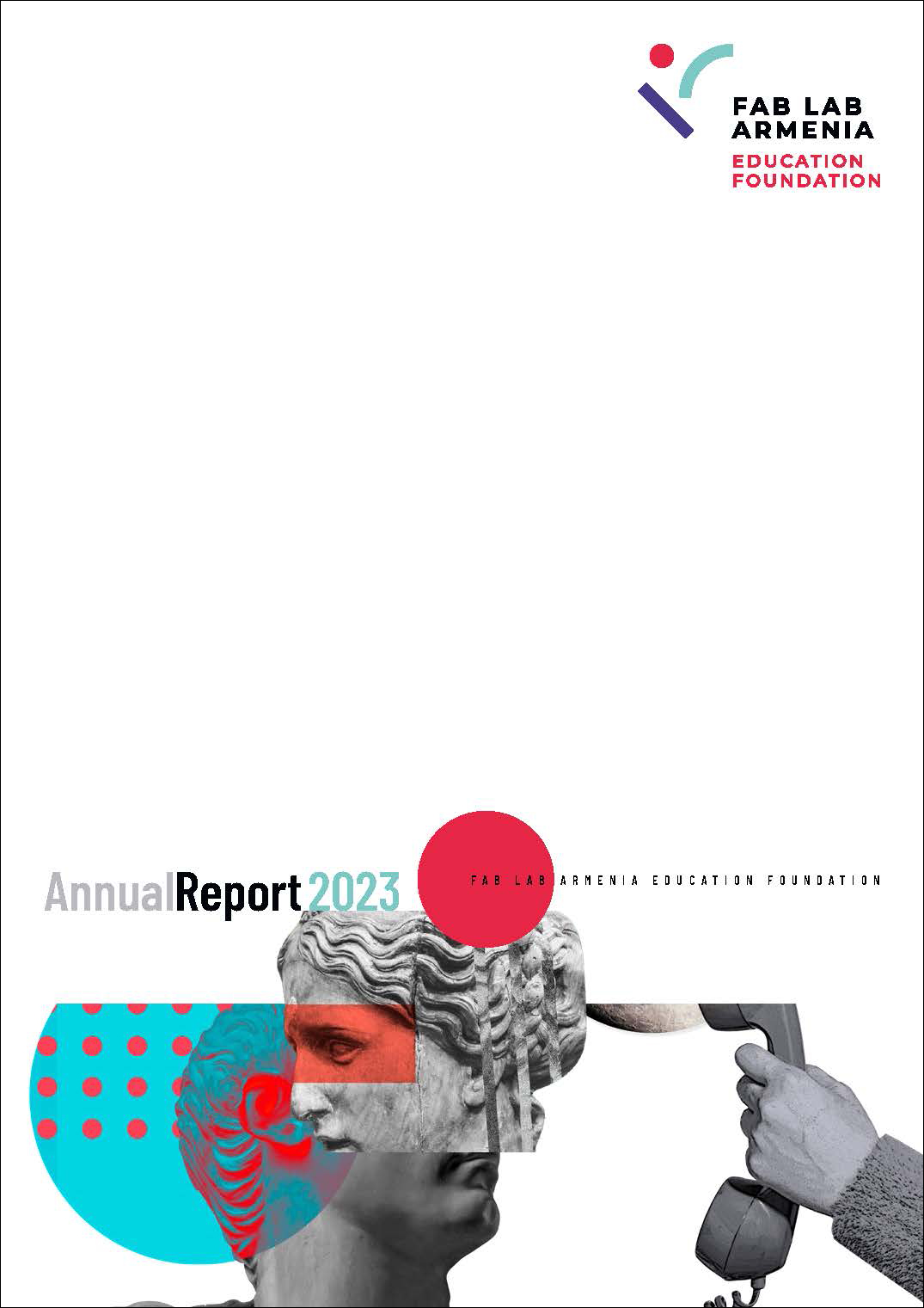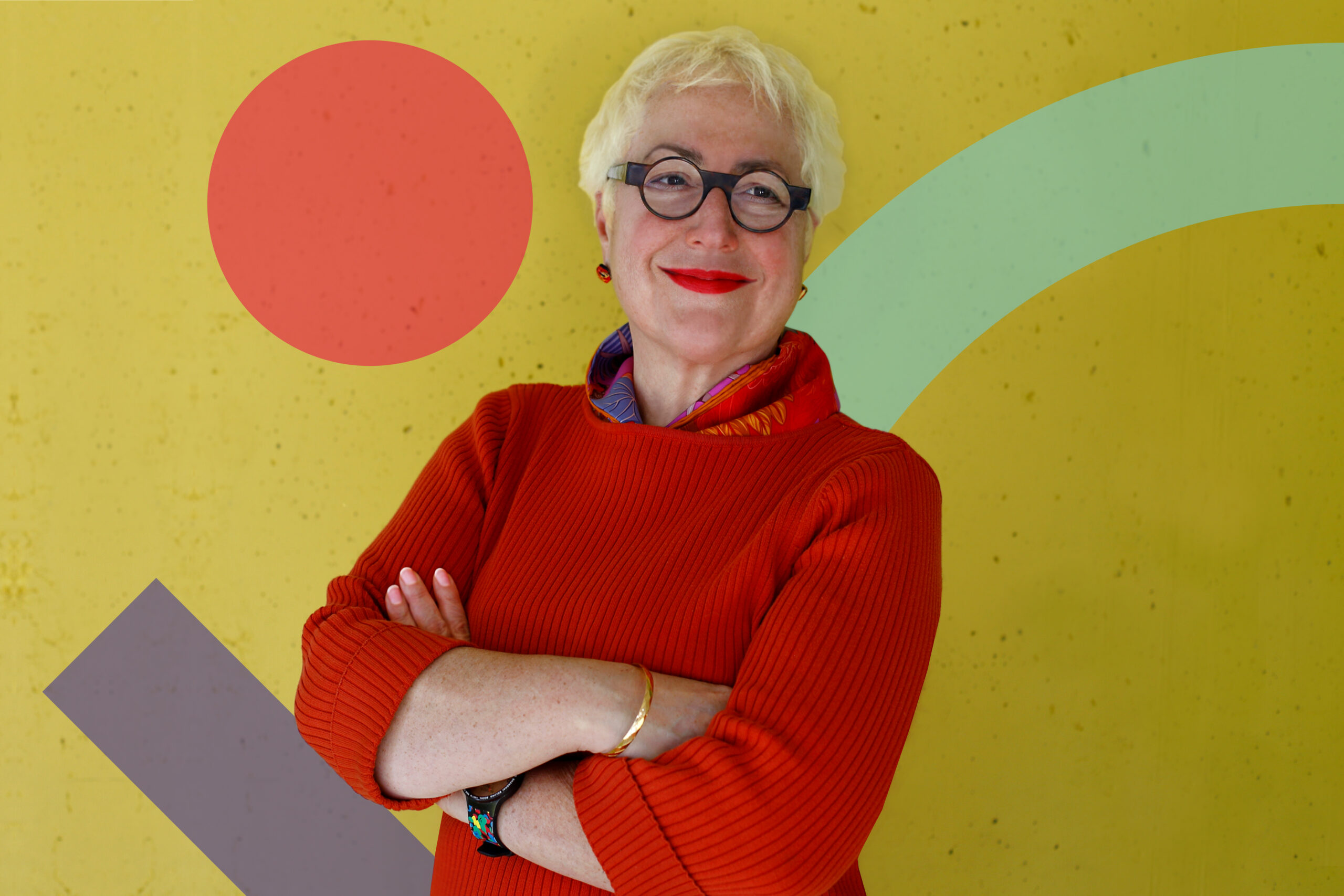
A Conversation with Jacqueline Karaaslanian the Interim CEO of Fab Lab Armenia Education Foundation
Fab Lab Armenia Education Foundation announces the launch of a new brand, website, and programs. Jacqueline Karaaslanian, CEO of Learning Learning Architects explains this vision of community, creativity, and collaboration.
Q: Tell us about the history of Fab Lab Armenia Education Foundation.
Jacqueline:
Fab Lab Armenia Education Foundation started in 2013 when the Central Bank of Armenia moved to Dilijan, making the pivotal decision to empower and transform this community through education and technological innovation. Fab Lab Armenia Education Foundation was born as a center and a springboard for a new generation of Armenians to foster creativity, collaboration, and entrepreneurship.
Fab Lab Armenia Education Foundation and Fab Academy are made possible thanks to the help of many, including the Fab Lab program and Fab Academy originators at Center for Bits and Atoms, a sister lab to the MIT Media Lab. The Fab Lab concept originates in a collaboration between the Grassroots Invention Group and the Center for Bits and Atoms, broadly exploring how a community can be powered by technology at the grassroots level.
We are grateful to founder Neil Gershenfeld, who said: “Wherever we open a Fab Lab, we’ve found that it attracts exactly the same profile of bright, inventive people.”
Thanks to Central Bank of Armenia that founded and sponsored Fab Lab Armenia Education Foundation, a new culture of Digital Fabrication has been seeded. It started at the MIT Center for Bits and Atoms under the leadership of Professor Neil Gershenfeld. It is supported by a growing network of over 2,500 Fab Labs across the world and thousands of inventors co-creating.
–Jacqueline Karaaslanian
Fab Lab Armenia Education Foundation is a community hot bed of educational experiences, lifelong learning, limitless creativity, and groundbreaking innovation – all in the name of curiosity and problem-solving. We bridge the gap between local people, world-leading technologies, and a global learning community, so that anyone can come and play. From school children to farmers and veterans, anyone with a curious mind can be a part of this hive of creativity and entrepreneurship. We’re shaped by and for the local community, but we are also ready to step up and make our voices heard in the global conversation, through the Fab Lab network of knowledge-sharing and co-creation.
Fab Lab work best when they also have an ongoing stream of students attending Fab Academy. This creates a mechanism to empower more people who are skilled and who can embrace the digital manufacturing culture mindset. Without the Fab Academy and the powerful network, it’s just a makers’ space or a robotic lab, and not a fully working Fab Lab.
Q: What is Fab Lab and Fab Lab Armenia Education Foundation – Dilijan?
Jacqueline:
Fab Lab Armenia Education Foundation – Dilijan is part of an open global community of educators, artists, engineers, scientists, software developers, students, professionals, tinkerers, and curious minds. Inspired by the model set out by MIT’s Center for Bits and Atoms, we bridge the gap between local people and world-leading technologies so that anyone and everyone is empowered to create, invent, and problem-solve.
Through easy access to modern digital manufacturing technologies and fabrication tools, with open-source software, the Lab throws the door wide open for learning through experimentation. It’s a playground for project-based learning for students, lifelong educational and upskilling opportunities for people of any age, and innovative product development and entrepreneurship for local businesses. At the same time, sharing our knowledge, research, and discoveries with other Fab Labs within the global network means that we all benefit from a much faster, more dynamic, and exciting pace of research, design, experimentation, and iteration.
Fab Lab Armenia Education Foundation is a safe place for members of the community of all ages, genders, races, and cultures to play and learn, experiment, and create. There are no barriers to entry, and no limits to what’s possible. It’s a place where you can become a digital artisan and make almost anything…
Q: What is the vision for Fab Lab Armenia Education Foundation?
Jacqueline:
We want to support curious minds and daring doers to imagine the impossible and innovate and rethink he status quo.
Our vision is that the Fab Lab would be a multi-cultural, multi-generational hive of creativity and entrepreneurship, where people come together to imagine a better world and then make it happen. We also have a vision of community transformation, enriching education, stimulating small businesses, fueling aspiration, and raising the profile of the region.
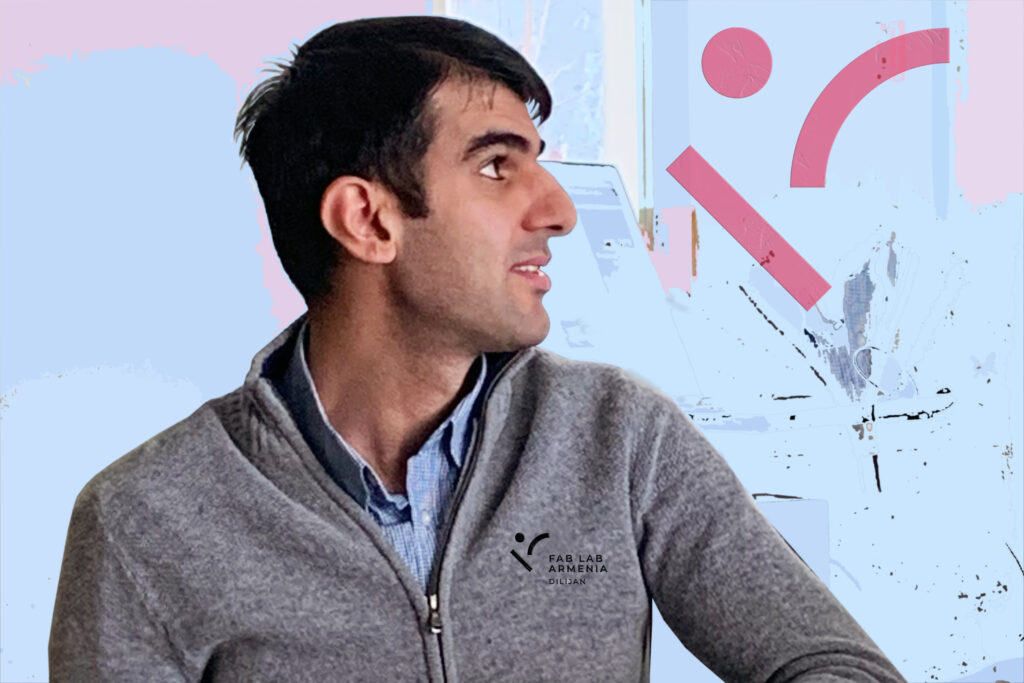
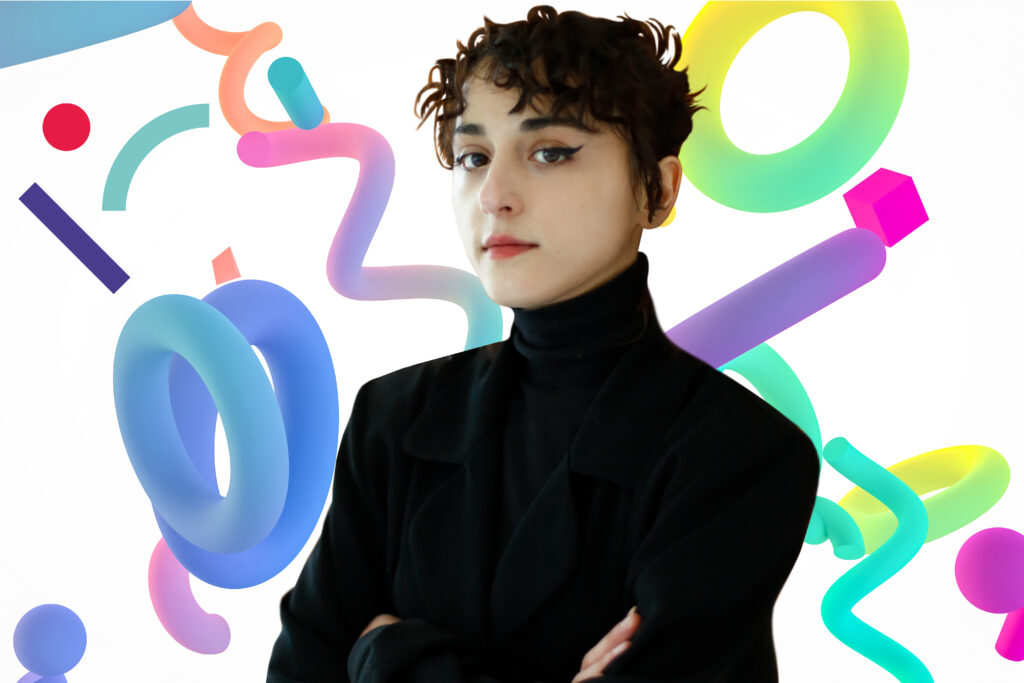
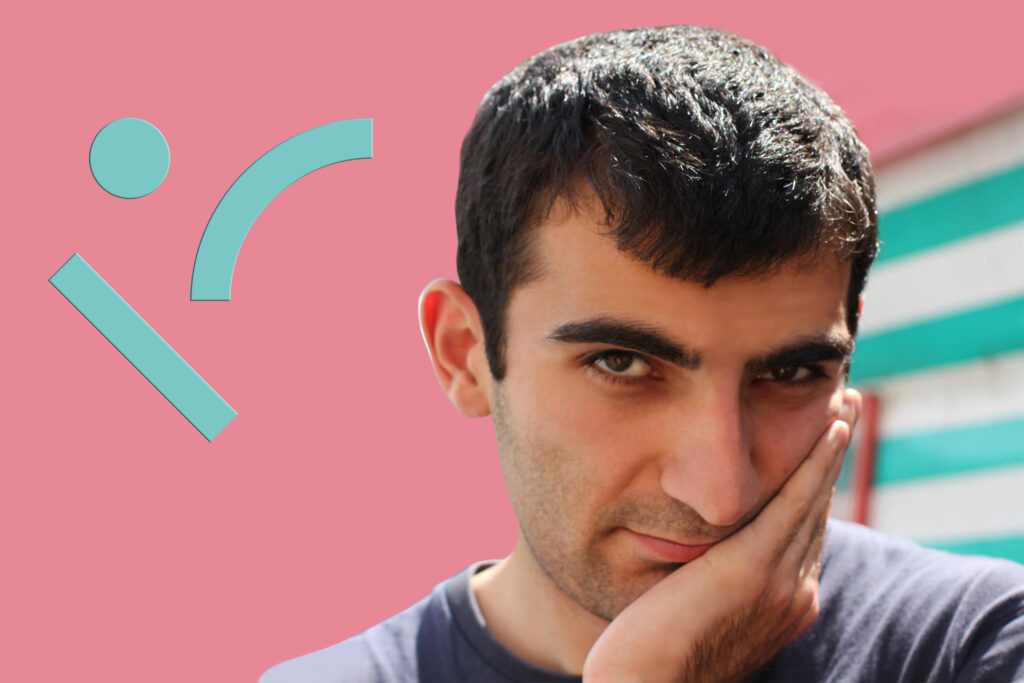
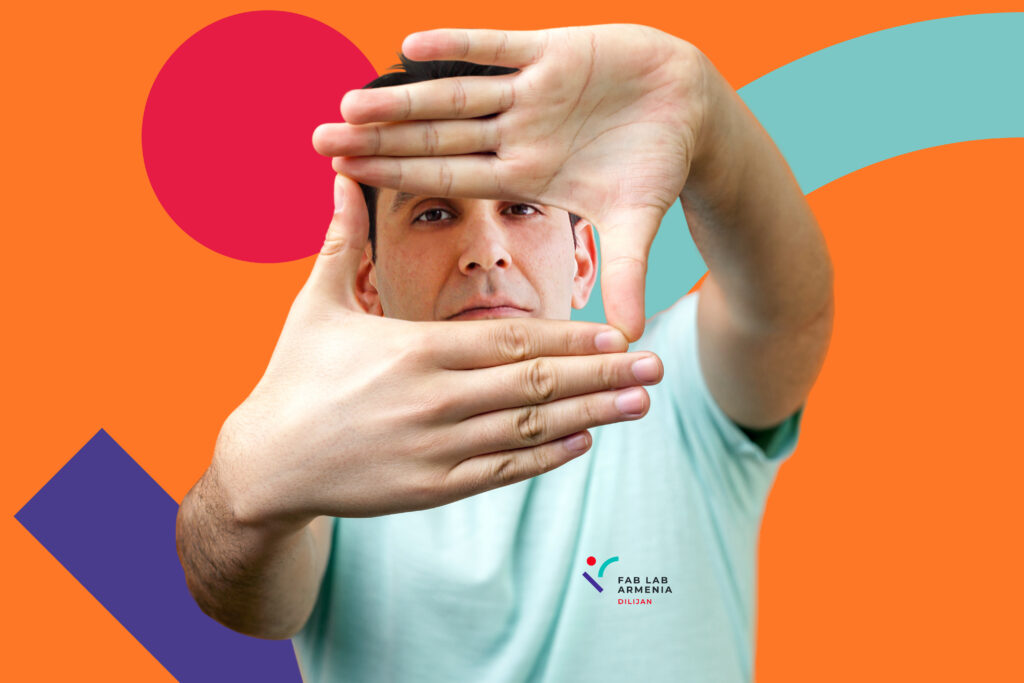
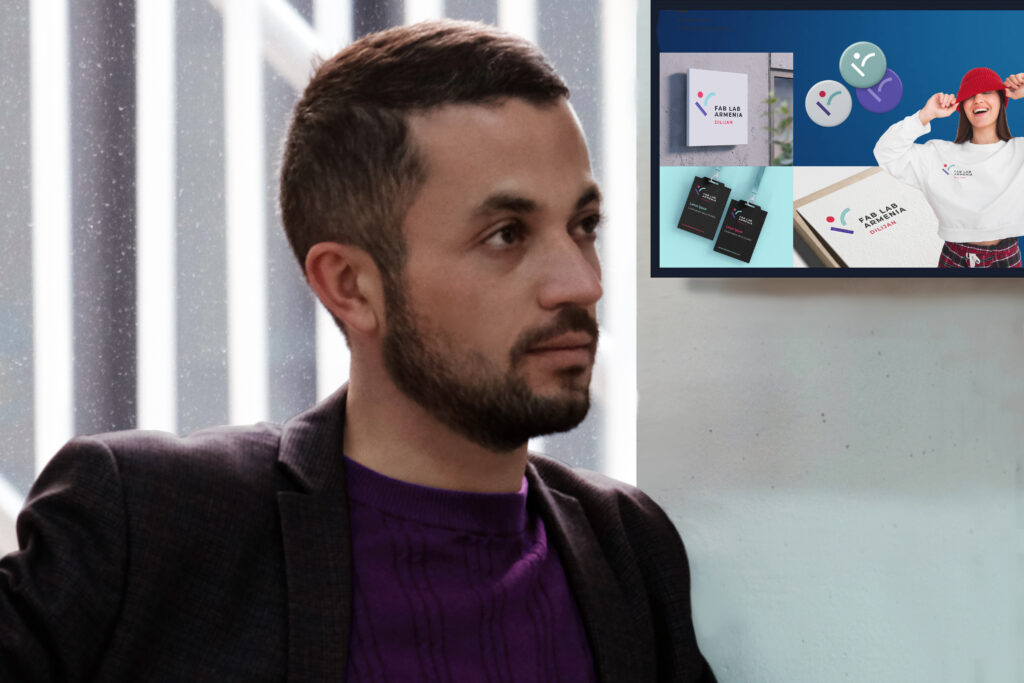
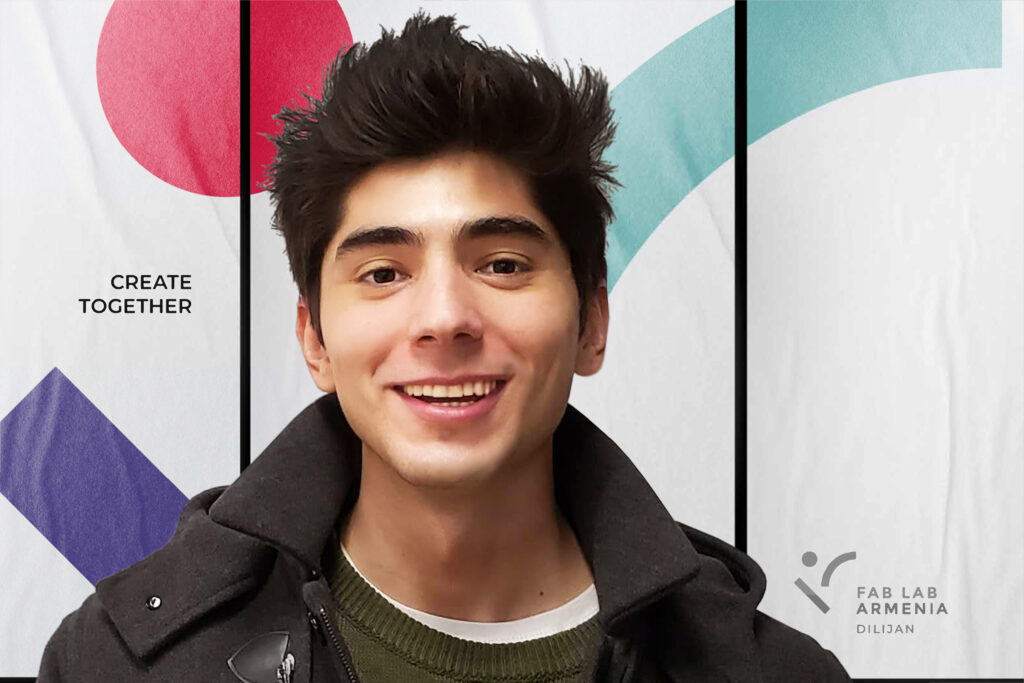
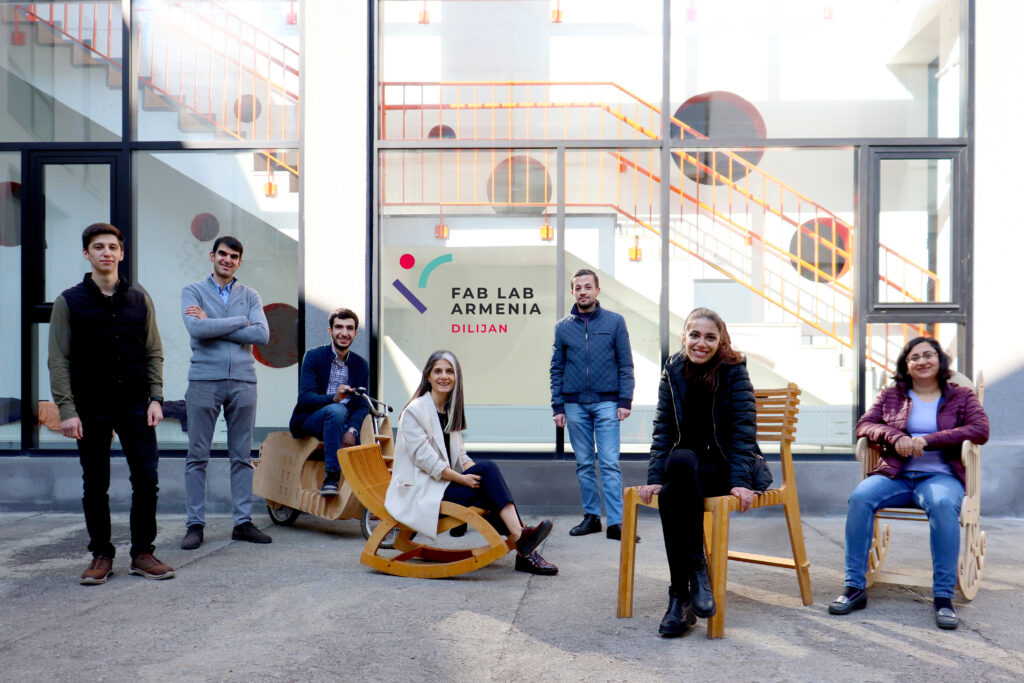
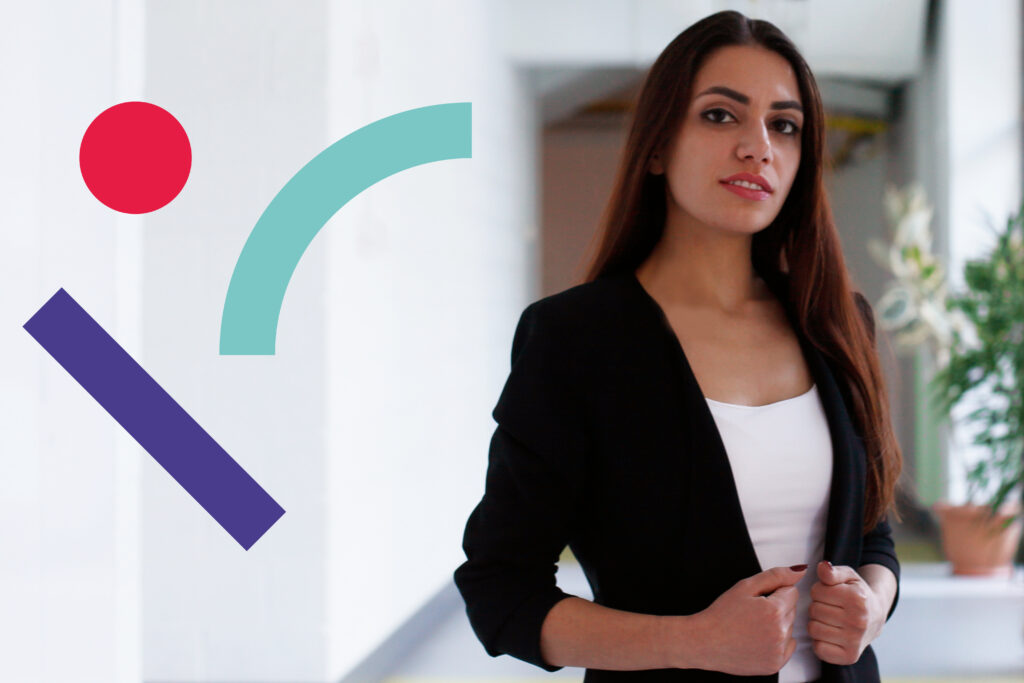
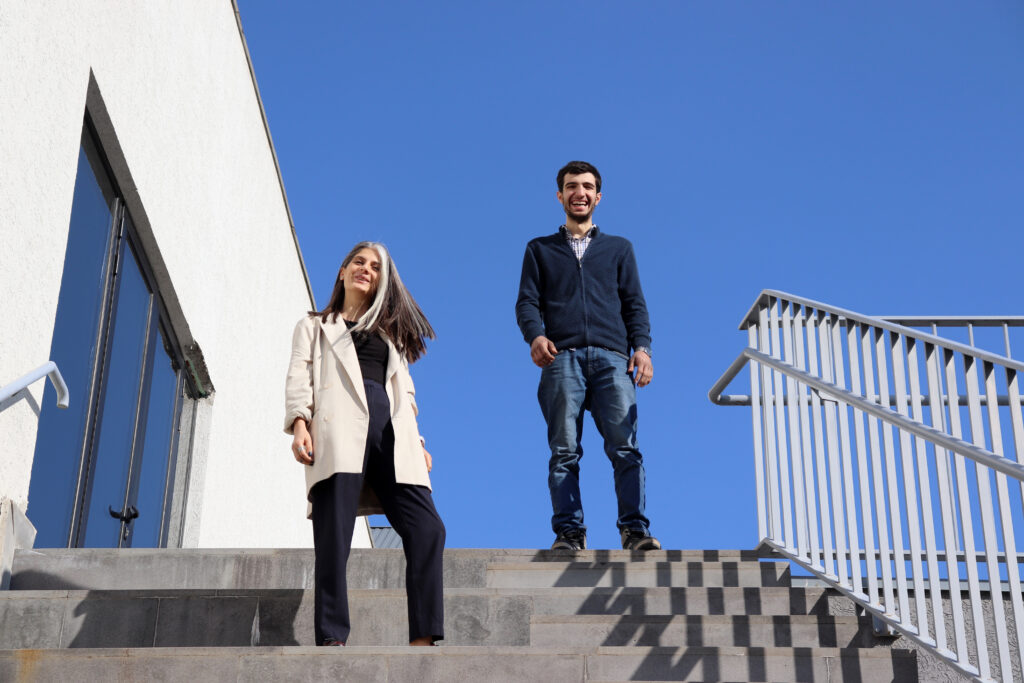
Q: How do you even begin something like this and why?
I see five core values, to guide our work through a rapidly changing world and be able to seize opportunities and scale up.
Community: nothing can be done without a community
Curiosity: keep an open mind
Courage: start, the time is now
Creativity: always innovate
Cooperation: at local and global levels.
We must always think simultaneously at micro and macro scales.
–Armen Nurbekyan
Jacqueline:
Values are always a good place to start, for Fab Lab Armenia Education Foundation the core value is community – first and foremost. We want to nurture a healthy, successful, and vibrant community.
Secondly, we do this because we want to foster the curiosity and courage to create something new or do something differently. It’s easy to complain or to focus on the obstacles, like financial limitations, but in reality, most of the world’s revolutionary inventions were not created by rich people.
Third, we want to support and encourage the creative economy. The creative industries are a significant source of economic activity and employment in the UK for example, contributing £116bn (US$156bn) to the UK economy in 2019 and accounting for 6% of UK gross value added (GVA). According to the USA Bureau of Economic Analysis, the creative economy provides $919.7 bn in added value, supports 5.2 million jobs, and represents 4.3% of the nation’s economy. The creative economy contributes just over 6.1% to global gross domestic product (GDP), averaging between 2% and 7% of national GDPs around the world. According to UN estimates, the creative economy industries generate annual revenues of $2.25 trillion and account for 30 million jobs worldwide.
Now, that is a lot of dollars and cents. So, it’s not just IT, wine, and tourism – we also want to support the creative economy in Armenia. This nation is rich with creative talent, and we can nurture this through the Fab Lab, digital arts, digital fabrication, and digital manufacturing. We’re ready to join the 4th industrial revolution, which is happening right now.
Another critical factor is to change mindsets and ways of working, and to teach and encourage cooperation. When we learn to cooperate, we can achieve amazing things and build just about anything you can imagine – ultimately, the whole country will benefit from cooperation. When an artist cooperates with an engineer, a programmer, an industrial designer, branding and marketing specialists, IP lawyer… they can innovate themselves out of any problem, or bring to market just about anything if they can imagine it together.
I am proud to support a value system that empowers a network of communities to think big, act, create and share locally and globally.
–Nerses Yeritsyan
Q: What can people do with their new ideas, products, or inventions? Many say that it is a small market, and I often hear about two closed borders, no direct shipping ports, etc. And what about intellectual property?
Jacqueline:
Fab Lab Armenia Education Foundation, and the equitable access to digital manufacturing tools, will help to open the market for local innovators as their ideas, designs and code can travel the cloud and get manufactured anywhere in the world. The whole idea of a patent is to allow you to share your groundbreaking ideas with the world and receive the recognition you deserve as the inventor. It pushes the world of science and technology to make progress. This is exactly what the global Fab Lab network is all about, and the circulation of ideas and intellectual property, patents, and trademarks is one of the ways to drive wealth back to the people and the nation that generated those ideas.
Just like people who have both a physical and digital presence locally and worldwide, objects can not only be atoms in the physical world, but also become bits and travel through email and the internet. You can design and prototype and object at our Fab Lab Armenia Education Foundation – Dilijan, then send it via email to another location. It can be cut, assembled, and connected again at its destination point. Now ideas and things can also travel without the limitations of the physical world.
Fab Lab Armenia Education Foundation – Dilijan is opening a new world of possibilities for communities to come together and create their own solutions for emerging challenges.
–Jacqueline Karaaslanian
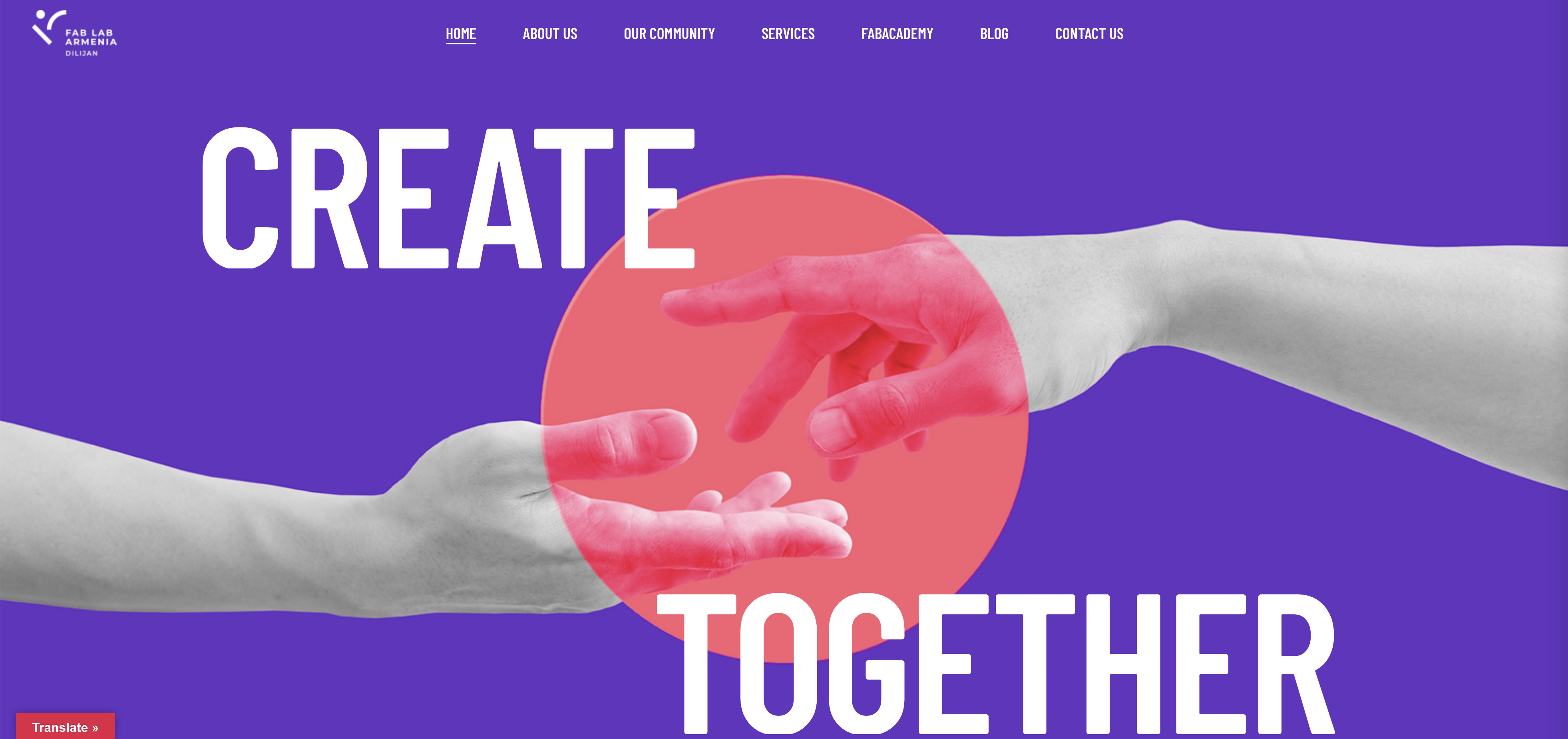
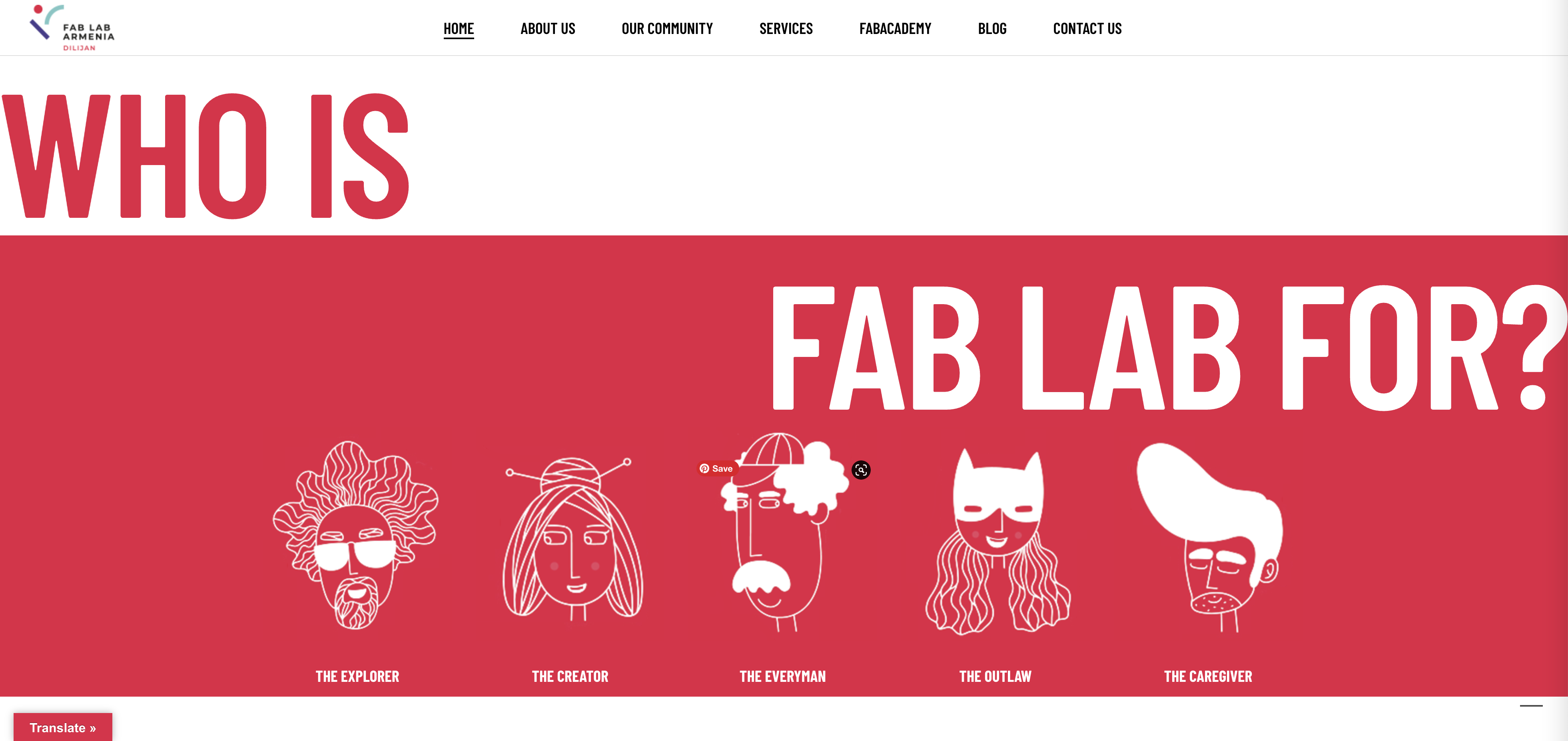
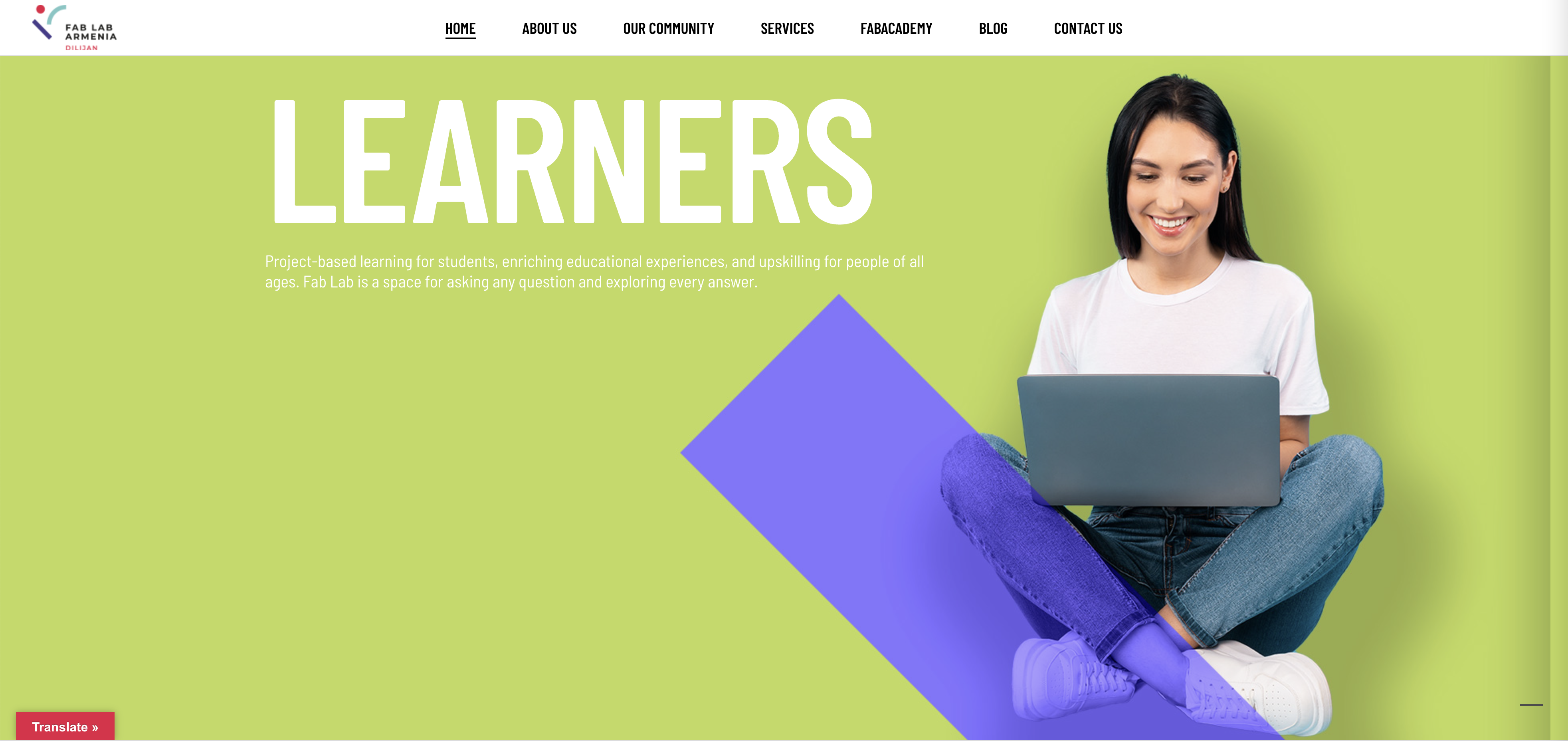
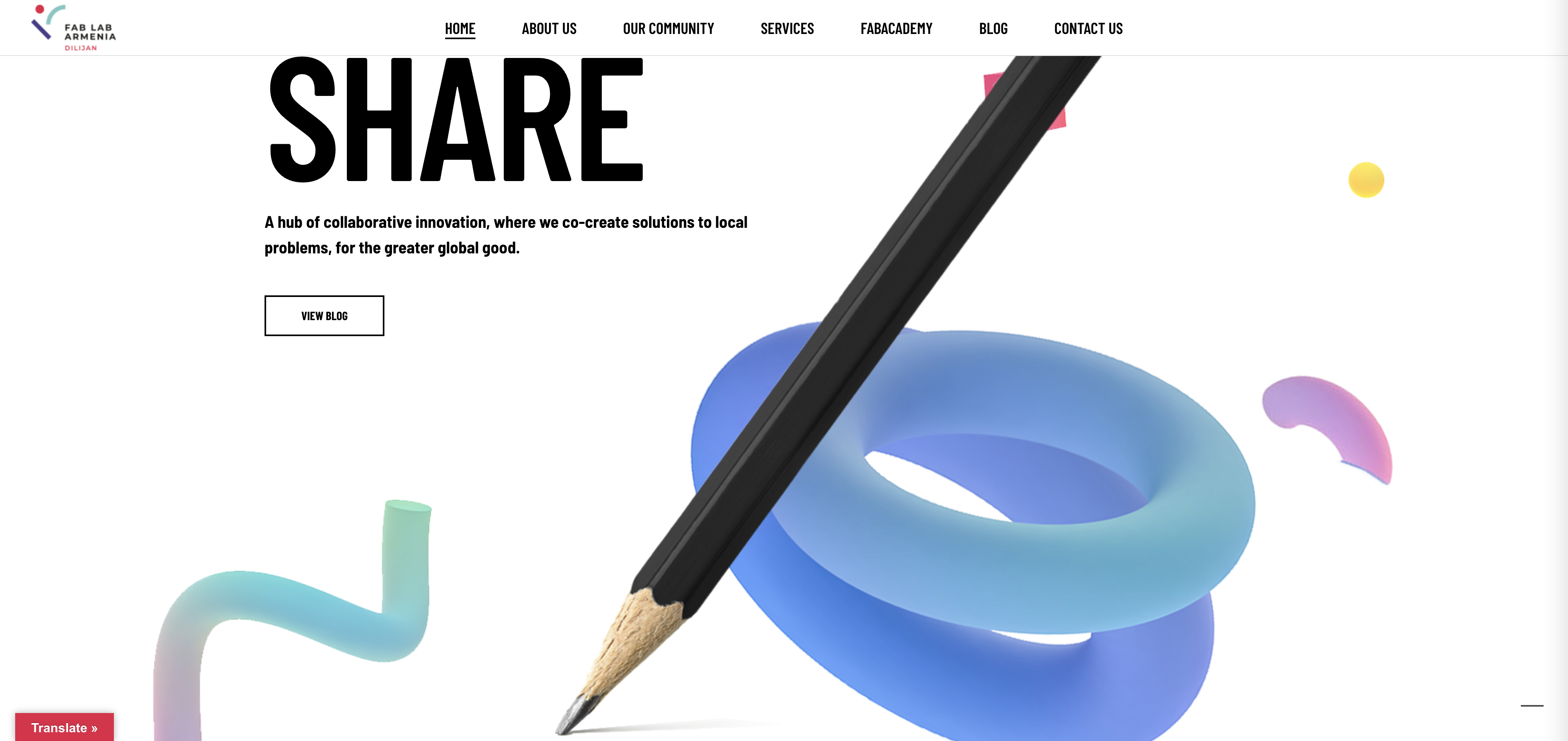
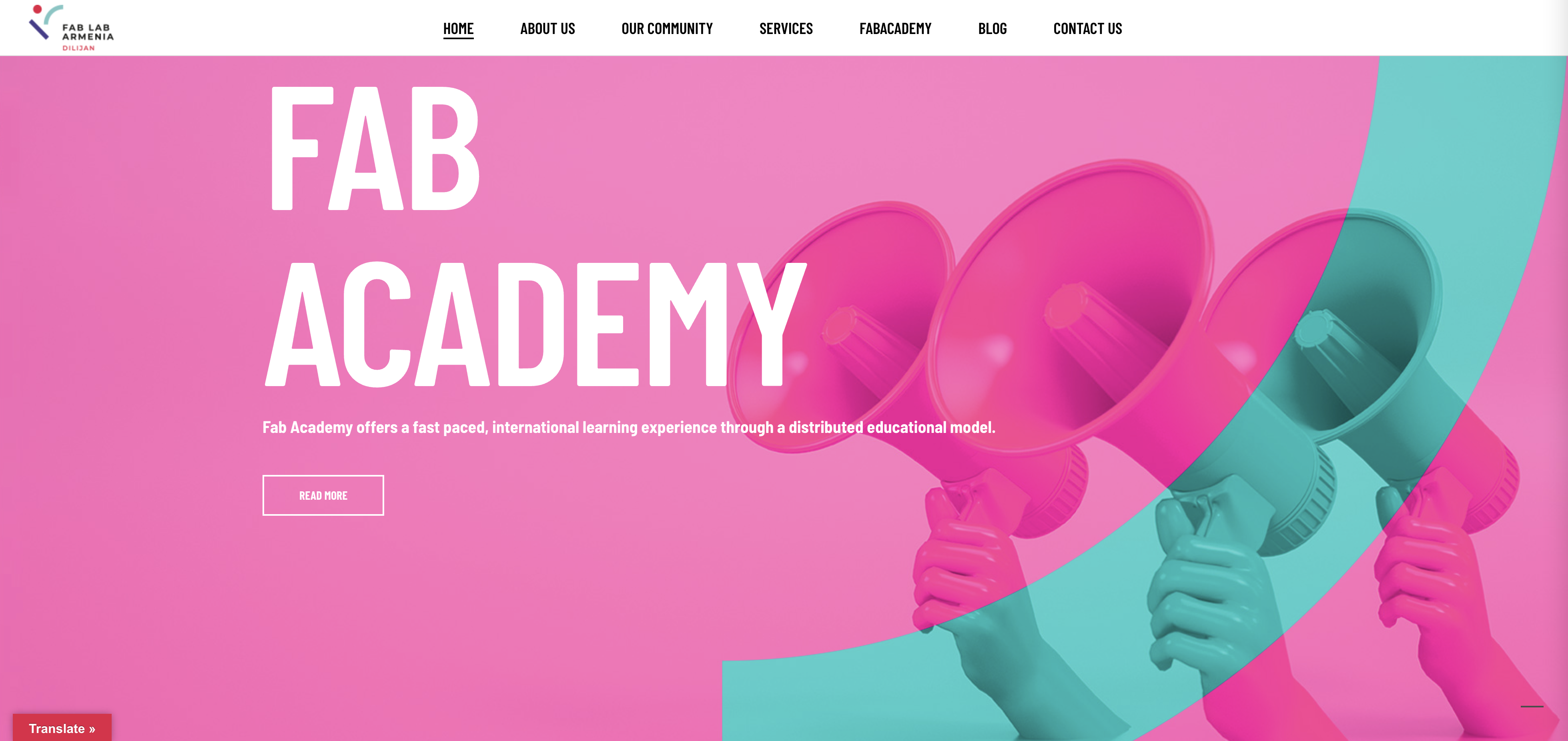
The Central Bank of Armenia with its headquarters in Yerevan and Dilijan. The CBA is an independent institution responsible for issuing all banknotes and coins in the country, overseeing, and regulating the banking sector and keeping the government’s currency reserves. The CBA is also the sole owner of the Armenian Mint. The bank is engaged in policies to promote financial inclusion and is a member of the Alliance for Financial Inclusion. On July 3, 2012, the Central Bank of Armenia announced it would be making specific commitments to financial inclusion under the Maya Declaration. On September 28, 2012, at the Global Policy Forum 2012, the bank made an additional commitment under the Maya Declaration to encourage the roll out of private sector products that respond to the needs of the poor, with an emphasis on innovative channels like mobile and electronic money. And to also implement a swift, effective, and free complaint-handling system via the financial mediator office and improve the regulatory framework so that consumers have the information, protection, and ability to access all services. The current chairman of the CBA is Dr. Martin Galstyan.
Nerses Yeritsyan is deputy president of the Central Bank of Armenia and former Minister of Economy. Since Armenia’s independence he has actively been involved in the design and implementation of economic policies in Armenia. He studied at Yerevan State Institute of National Economy (degree in macroeconomics), then completed post-graduate studies at the Macroeconomics Department and received a PhD diploma.
Yeritsyan worked as chief expert of National Assembly of Armenia, and Central Bank of Armenia as assistant of President, head of monetary and lending policy department, Chief adviser of President and acting head of the financial monitoring center. He was a member of Central Bank Board. He was an adviser to the Executive Director from the Dutch group of the International Monetary Fund. Yeritsyan also became RA Minister of Trade and Economic Development and reformed to Ministry of Economy. He is a member of the Executive Board of Armenian International Policy Research Group.
Armen Nurbekyan is the head of macroeconomic directorate at Central Bank of Armenia and a member of the executive committee. He was the director of the research department and deputy director of Dilijan Training and Research Center. His background is as a Quantitative Methods lecturer, with an MBA from American University of Armenia. He worked for the International Monetary Fund in Washington D.C. as an economist and project officer in the research department. Armen received his PhD in Mathematics from Yerevan State University and his MBA from American University of Armenia in Managerial Finance, Corporate Finance, Investments, Management of Financial Institutions. He received his BS in Mathematics from Yerevan State University. He lives in Dilijan, Armenia.
Jacqueline Karaaslanian is the Interim CEO of Fab Lab Armenia Education Foundation – Dilijan. Jacqueline in partnership with The Central Bank of Armenia helped bring two Fab Labs to Armenia. Fab Labs are closely aligned with the DIY movement, open-source hardware, maker culture, and the free and open-source movement, and shares philosophy as well as technology with them. Jacqueline Karaaslanian has accepted this interim role as CEO to select and train a new team of managers to help catapult Armenia into the 4th industrial revolution and a new era of digital manufacturing.
Jacqueline Karaaslanian joined the founding team of the MIT Media Lab at its inception. She worked with the scientific research teams of Professor Seymour Papert, a pioneer in artificial intelligence, education, and technology. Also, Nicholas Negroponte founder of MIT Media Lab, Marvin Minsky co-founder of MIT Media Lab and a pioneer of artificial intelligence AI, Glorianna Davenport co-founder of the MIT Media Lab, the Interactive cinema research group, the Media Fabrics research group and Tod Machover, the composer, and an innovator in the application of technology in music. Jacqueline gained an exceptional ability to sharpen emerging concepts and develop the corresponding strategic actions for quality prototyping and scaling into full development.
She is the co-founder & CEO of Learning Learning Architects, an emergent solutions development agency, translating visions into actions, projects, products, and services. working with innovators in the field of technology, AI, education, and constructionist learning. Based in Boston, USA. She was the co-founding CEO of the Luys Education Foundation, where she created and implemented visionary education programs that support the development of a new generation of critical thinkers and doers in Armenia where she managed 25 million USD in scholarship grants that enabled over 500 Armenian scholars from 18 different countries to pursue their undergraduate and graduate studies in the world’s top 10 centers of excellence. Jacqueline specializes in cutting-edge research group management. She received her education at training at MIT Media Lab in experiential learning and at the Sorbonne, Paris in linguistics and comparative literature.
Photo Credit: Nerses Yeritsyan A1Plus.am
The Fab Lab Armenia Education Foundation brand was created by the Boston based consulting group Learning Learning Architects, LLC.
www.learninglearningarchitects.com
www.brandreal.io
